Winter Conditions Create Rust on Cars

Winter Conditions and Salt Creates Rust on Cars
John - February 12, 2016
It is no mystery that cars rust in the winter, the conditions are perfect for the formation of rust. We've put together a few photos of the wet, snowy and salty conditions that cause our cars and trucks to rust. In our case, we're in Wisconsin and we use salt on our roads. The salt greatly accelerates rust on unprotected metal.
Snow Accumulates on Cars
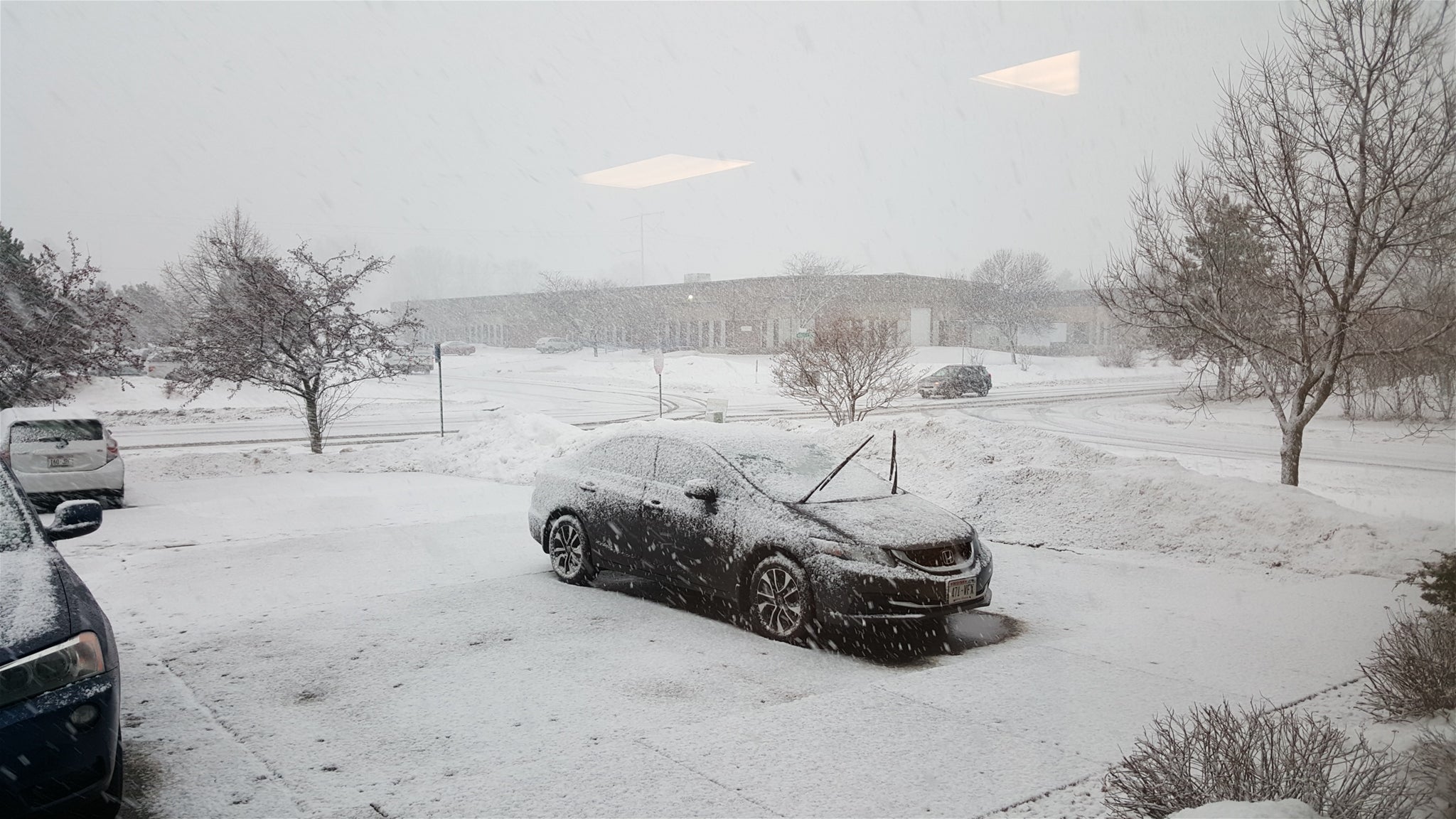
When the snow starts falling, it starts the process that increases the likelihood of rust on your car.
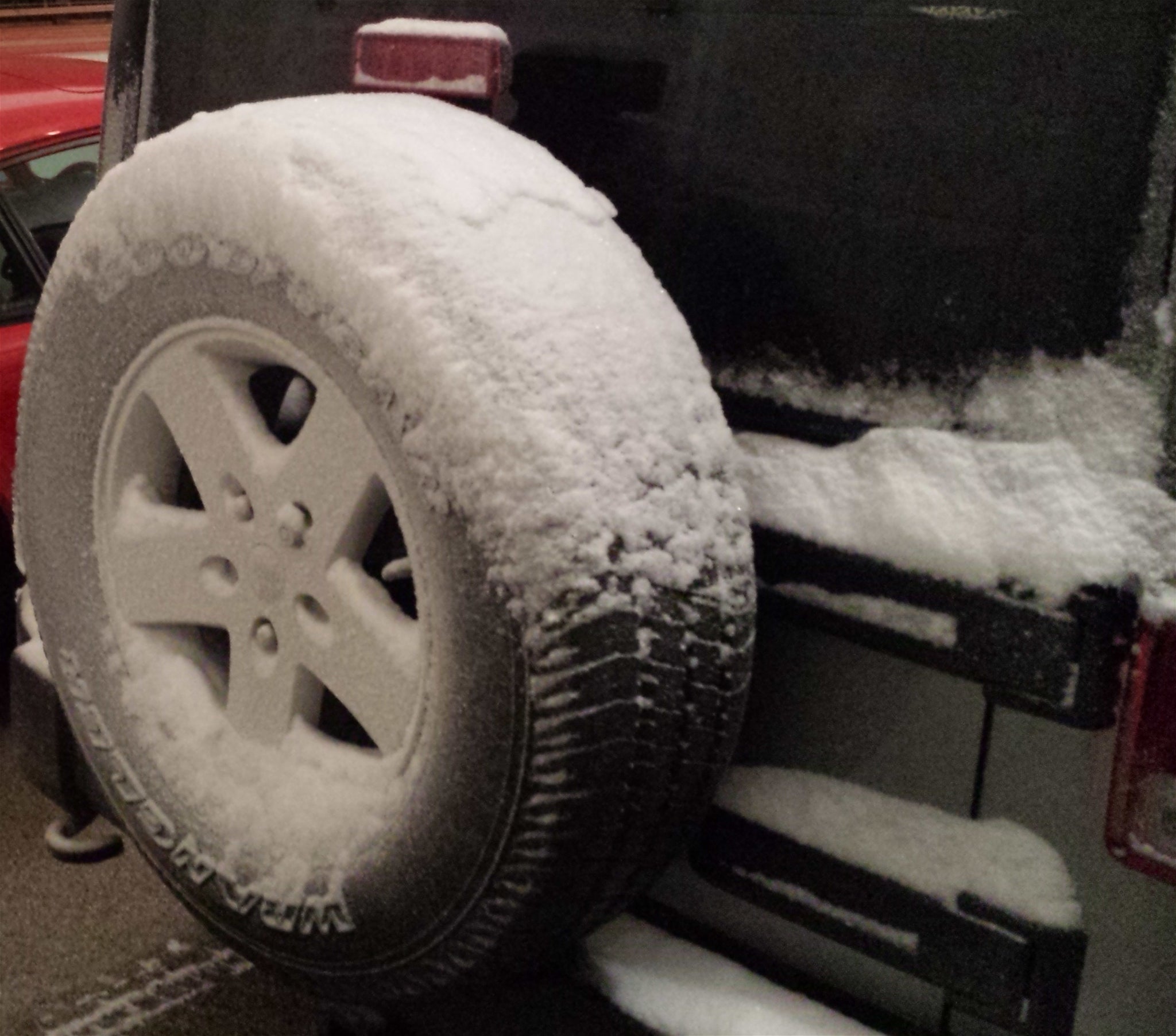
Even after cars are brought indoors, the snow can still remain. In this case, the snow is mostly free of salt so it really isn't as damaging.
Slush and Snow Mixes with Salt
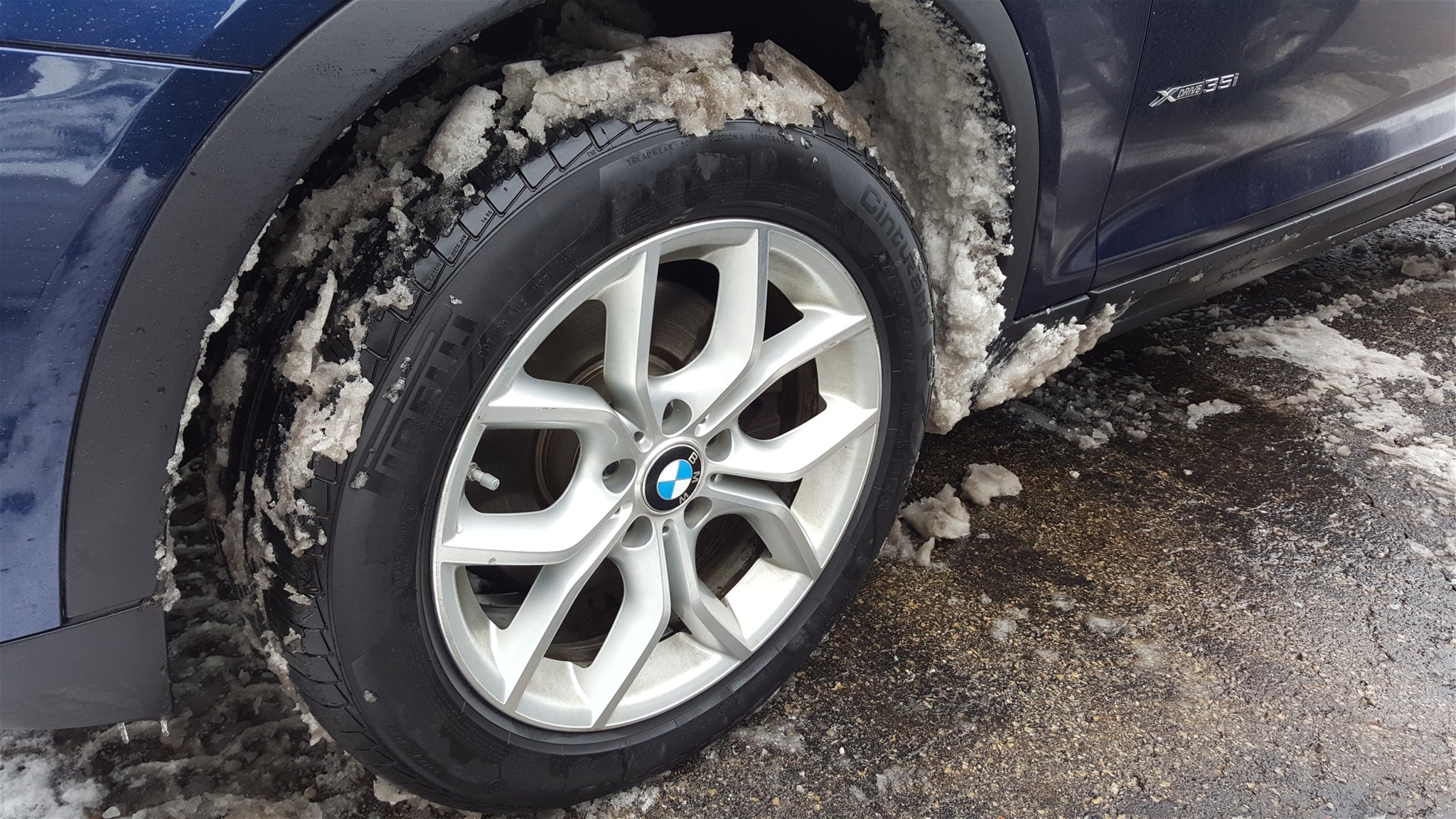
The days following a snowstorm are often the most damaging to cars. The rust can easily develop on areas where snow, slush and salt collect.
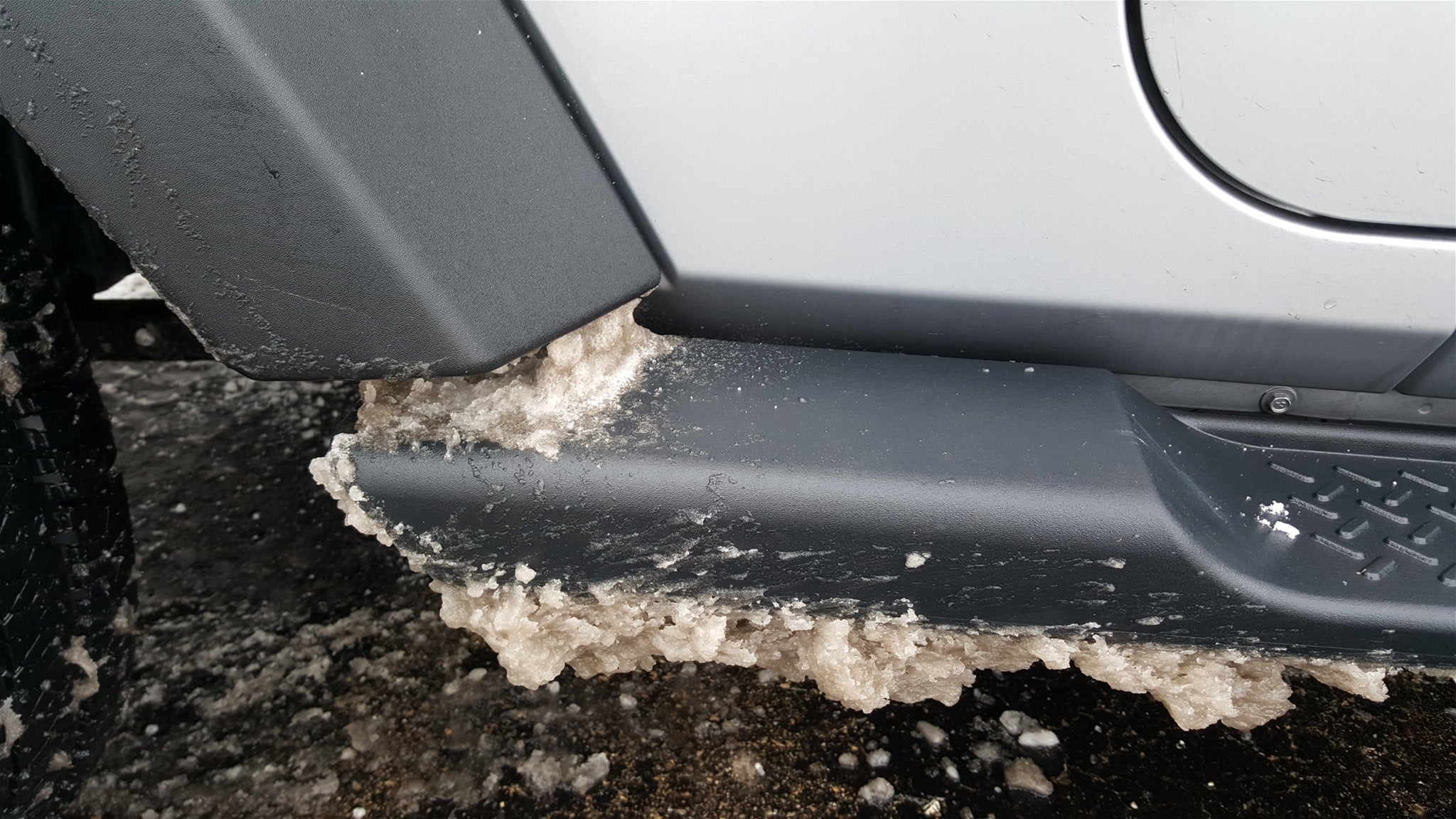
Cars tend to collect snow, slush and salt in certain areas. These areas can be more prone to rust.
Salt Remains on the Car
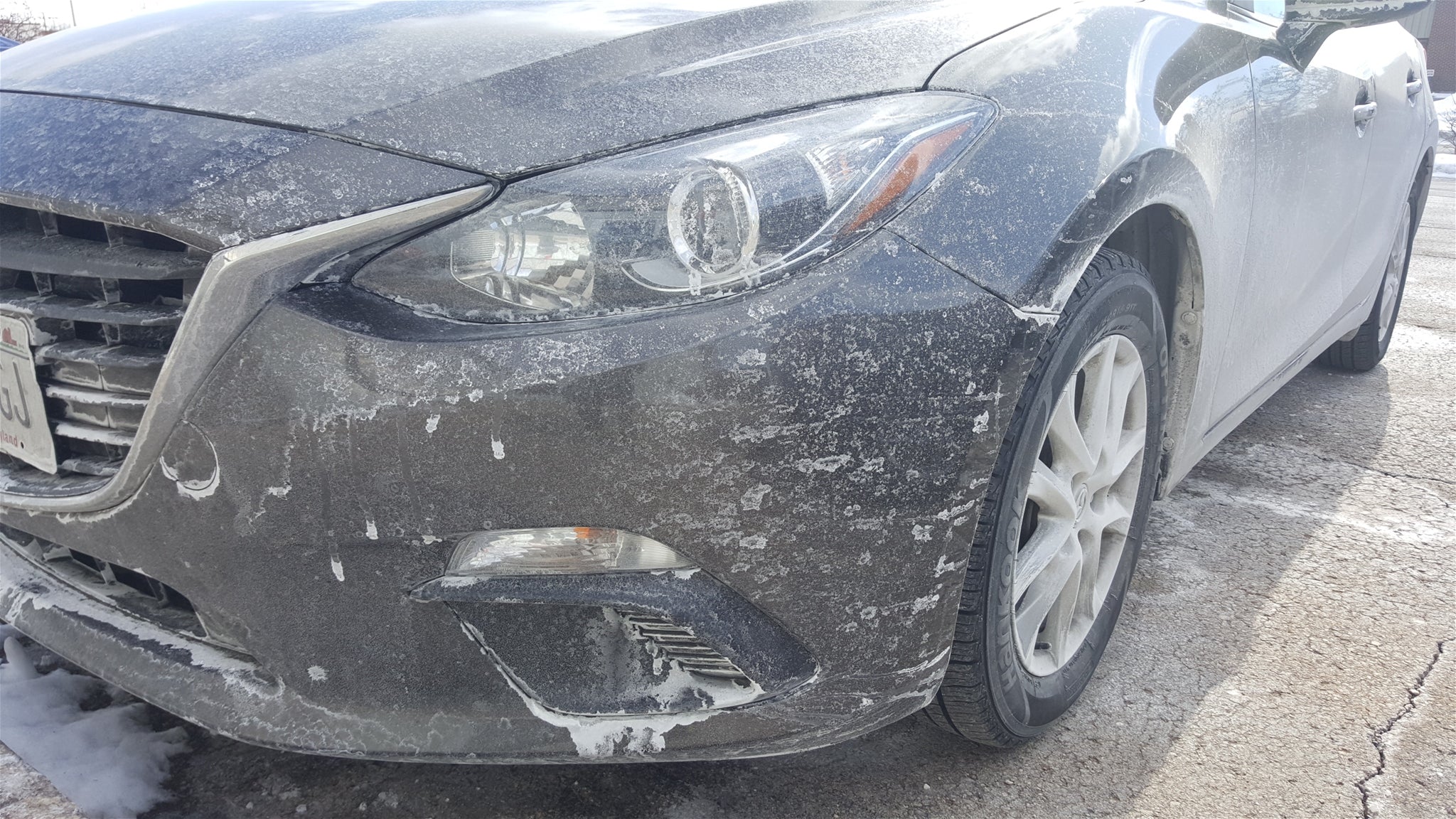
Long after the snow and slush is gone, salt can still remain on your car. This salt creates ideal conditions for rust to develop. One of our products, Salt Away, work well to remove the salt, therefore reducing the chance of rust. Water alone won't remove all the salt nearly as easily. We like to think of Salt Away much like soap when washing your hands, yes water alone can clean your hands, but using soap gets your hands a lot cleaner.
John
